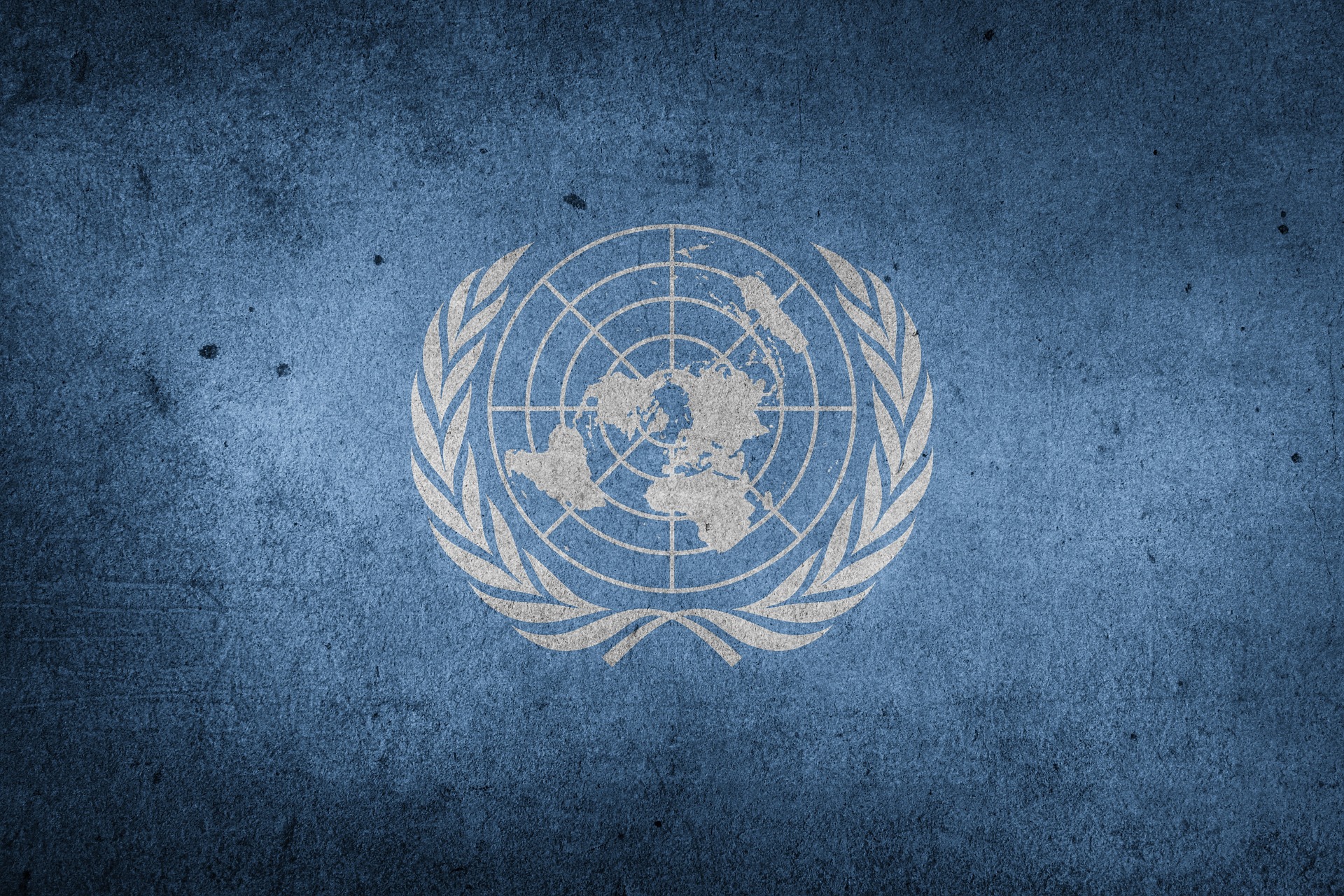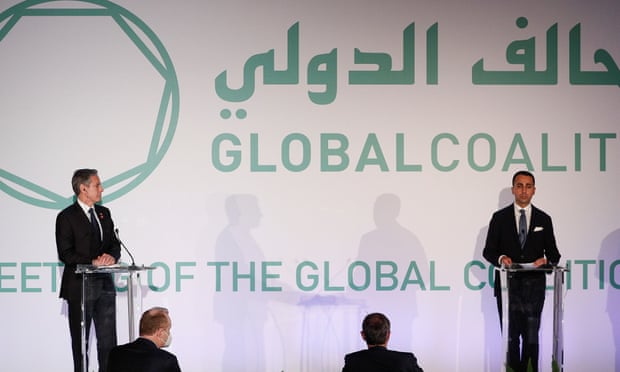Before Abdulmutallab’s attempted attack, the Obama Administration had increased military aid to $70 million in Yemen to thwart growing al-Qaida terrorism operations: al-Qaida units that were dismantled after 9/11 have returned, along with new fighters from Iraq, Pakistan, Afghanistan, Somalia, Saudi Arabia. Prisoners released from Guantanamo Bay are also involved.
But Yemen’s problems will require a broader approach that encompasses its political, social, and economic issues if the US is to contend with al-Qaida. Its government, repressive and failing, is reluctant to go after al-Qaida. A separatist movement is taking shape in the south, and an armed insurgency poses a threat from the north. Its unemployment rate is 40 percent, and it is running out of water and its economic mainstay, oil. Its central location and ethnic hospitability add to its attractiveness for al-Qaida: Middle Eastern operatives can move in and blend in easier there than South Asia or Africa.
The Obama Administration is working with the World Bank, Saudi Arabia, and Europe on a plan for Yemen and will meet to develop a framework in six weeks. Stabilizing Yemen is key in destabilizing al-Qaida. But a senior Yemeni official points out seeing any counterterrorism efforts materialize into results will take months, if not years.






